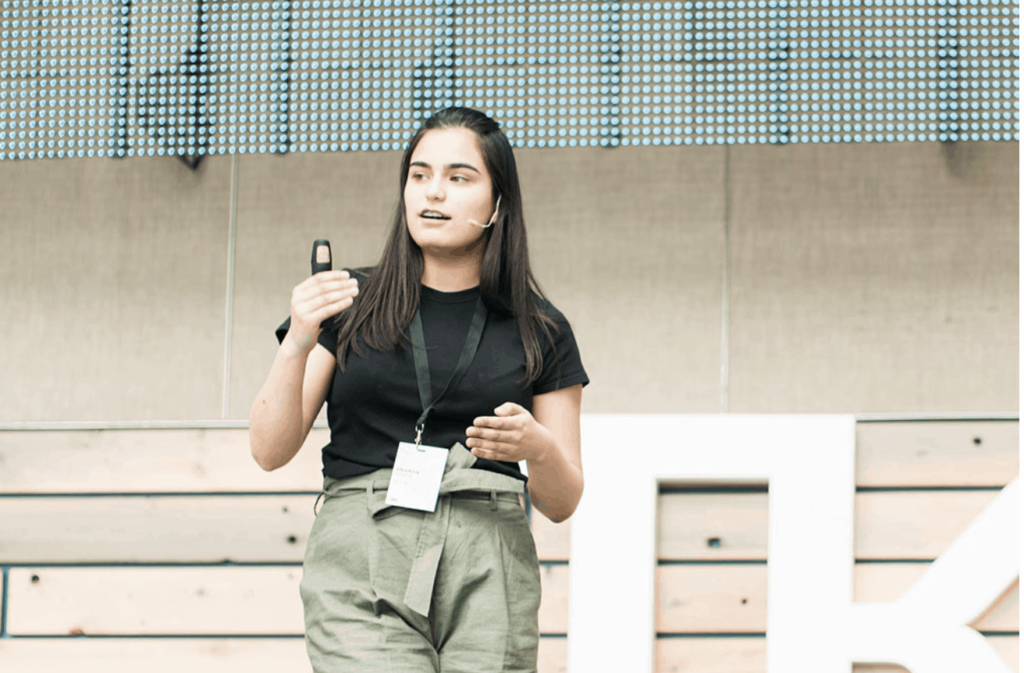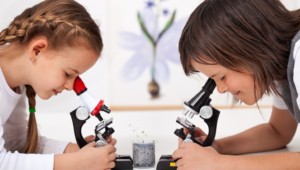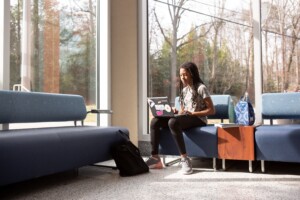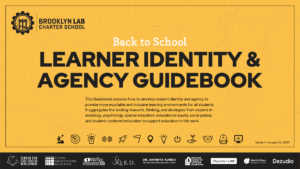Equipping Youth to Change the World

Alishba Imran, a 16-year-old, built a prosthetic hand that uses artificial intelligence to perform human-like tasks. Through her model and use of 3D printing, the entire hand cost $50, compared to market rates of over $1,000.
Adeola Ojuade is a 16-year-old programmer. She created a Haptic Guide to aid blind and visually impaired people — she used an ultrasonic sensor that recognizes the distance of an object and created a haptic device that vibrates according to that recognized distance. She even presented her haptic guide at the MLK Tech Summit at Zappos!
Okezue Bell is a 14-year-old podcast host and app designer. He assisted in the development of two novel systems: Respiray/Dignosys, which can detect respiratory diseases through x-ray image detection, and Dignosys V2, an app which he and his TKS teammates manage to determine cardiovascular disease based on patient data and offer decentralized doctor-patient communication.
All three were inspired and supported in their contributions by The Knowledge Society (TKS), a five-year-old Canadian youth accelerator for learners 11-17. The afterschool program that seeks to “help kids shape the future” was operating pre-pandemic in seven cities across North America. TKS is now available for students all over the world to apply to its virtual, global program and scholarships are available.
The difference-making engine was created by brothers Nadeem and Navid Nathoo, sons of Ugandan and Tanzanian immigrants. The wicked smart, driven brothers have a history in finance, consulting, and tech. Navid sold his cloud tech company to Box while Nadeem was working on education centers around the world, fighting poverty and working at McKinsey & Company — together, they decided to create the future of education.
With a focus on unlocking human potential, Navid Nathoo said, “What’s most important is to learn how to figure things out […] that takes grit and resilience.”
Through self-directed learning and impact projects, participants build stronger mindsets, develop real-world skills, learn to code, and expand their social capital. TKS’ teachers hail from leading companies in every sector.
The TKS team works with big companies to see what problems they are facing. This creates a bank of problems students can choose to work on. “[TKS] is as much about problem finding as it is about problem-solving,” says Navid.
Of the current 800 participants, three quarters identify as visible minorities and almost half identify as female.
Christine Jean-Julien is a 16-year-old podcast host and neuroscience student. With other students at TKS, she recently developed the Protector System to monitor the location of trees being logged using a series of CNNs and overlaying images to determine any change in tree population over specified regions with the goal of tracking illegal logging and ending deforestation.
TKS students have gone on to work for Microsoft at age 17, speak at WebSummit for 30,000 people, start their own VC-backed startup and work on fighting COVID-19.
Navid and Nadeem realize the benefit of making TKS a community of passionate innovators. They believe in the adage “your network is your net worth,” and hope to spread and help to create social capital for young people all over the world.
While not trained as educators, Nadeem and Navid Nathoo have created a vivid picture of next-generation learning, one that combines personalized learning sprints with impact projects. It’s a glimpse of what high school and college of the future should be.
For more, see:
- What’s the EdTech Vaccine? 10 Design Principles
- How Portable Learning Records Will Unlock Education and Employment Opportunities
Stay in-the-know with innovations in learning by signing up for the weekly Smart Update.






0 Comments
Leave a Comment
Your email address will not be published. All fields are required.